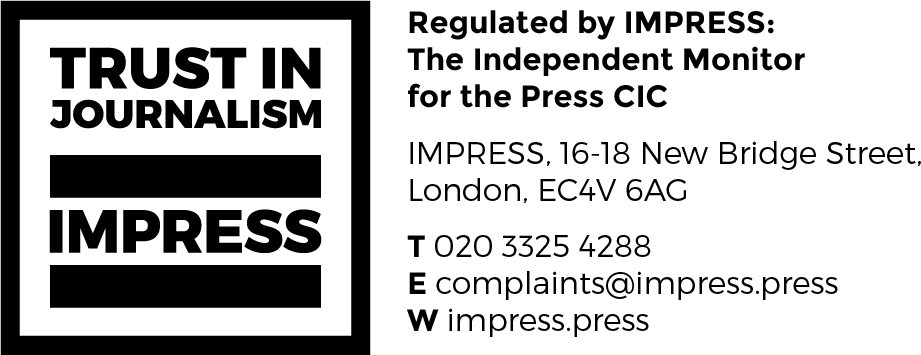Spanish yacht groups urge European Commission to challenge ‘unfair’ tax

Spanish yachting groups are urging the European Commission to challenge the country’s matriculation tax. Pictured is OneOcean Port Vell, Barcelona.
The Spanish Superyachts Association (AEGY) and the Spanish Yachting Association (ANEN) are urging the European Commission to oblige Spain to modify its matriculation tax, which allegedly disadvantages luxury vessels, says the group’s legal advisor Miguel Ángel Serra.
The tax applies both to the registration of a yacht greater than 8 metres under the Spanish flag or the use of a yacht of the same size in Spain by Spanish residents or by non-residents holding an ‘establishment’ in Spain.
“The complainant associations and myself, as their representative, expect that the procedure moves forward and ends up in a ‘reasoned opinion’ that obliges Spain to substantially modify the matriculation tax regulations and the restrictive, confusing and often contradictory interpretation of the law by the Spanish authorities,” Serra told Superyacht Investor.
“This would enable a clearer application of the relevant EU Treaties, improve legal clarity and also allow the yachts market in Spain to operate much efficiently and in similar terms than in the rest of Europe and the EU Customs territory,” he added.
‘Filed a formal complaint’
Serra said 12 years of negotiation between ANEN and the Spanish tax authority had yielded “no significant results” – except for the exemption for charter activities in October 2013 which helped to launch Spanish Superyacht market. Since “internal roads were exhausted”, in July ANEN and AEGY jointly filed a formal complaint before the European Commission against Spain for the application of the matriculation tax – known as IEDMT.
Since IEDMT is not a harmonised tax, applied throughout the EU, the groups are not challenging Spain’s right to levy it.
“What we denounce is that, as the tax is currently regulated – especially the taxable events – and the extreme interpretation by the tax authority, it violates some of the main EU principles,” said Serra. “Those include the free movement of persons, goods and capital, the freedom of establishment and the freedom to provide services in the European Union.”
It also interfered with some of the customs regimes provided for means of transport in the Union Customs Code – such as the Temporary Admission Regime – which is an EU regulation and, consequently, European mandatory law, he claimed.
European mandatory law
According to the criteria established by the Spanish tax authorities, non-Spanish residents have to pay matriculation tax (12% on the value of the hull) if they have a so-called ‘establishment’ in Spain. To illustrate the alleged unfairness of the tax, Serra cited the example of an EU resident, resident in France, who owned a private yacht, which enjoyed free circulation in the EU and being the main shareholder of a multinational group where one of its companies is based in Spain. “He can freely cruise all around the EU with his yacht, no matter what its flag, but, when arriving in Spanish waters, he would be obliged to pay 12% Spanish matriculation tax as, according with the Spanish tax authorities, the owner may be considered a non-Spanish resident holding an ‘establishment’ in Spain..”
If the tax were not considered against the free movement of persons, capital, goods and freedom of establishment in the EU by the General Directorate for Taxation and Customs Union (TAXUD) of the European Commission, “then, we do not have strong reasons to believe in the independence of technical criteria at European institutions”, he claimed.
Serra spoke to Superyacht Investor after addressing SOS Yachting’s Fiscal Meeting, staged in Monaco, during the Monaco Yacht Show. SOS Yachting is a fiscal agency providing guidance for vessels operating from the key yachting hubs of Croatia, France, Monaco, Italy and Spain.
Meanwhile, the fifth Fiscal Meeting was staged by SOS Yachting’s Fiscal Meeting in the Hotel Hermitage in Monaco on Tuesday September 24. The forum was moderated by Superyacht Investor’s group editor Mike Stones.

